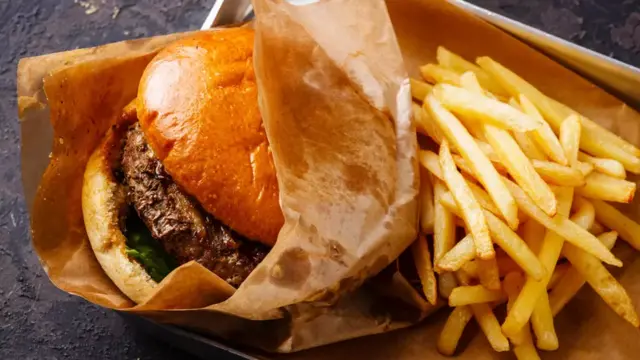The programme for government: The key pointspublished at 17:13 BST 6 September 2022
Nicola Sturgeon has announced a rent freeze for public and private rented properties as part of efforts to help people struggling with rising bills.
The first minister's government is to table emergency legislation banning evictions during winter and freezing rents until spring.
There are also plans to freeze rail fares and to boost the Scottish Child Payment to £25 per week from November.
Ms Sturgeon has also written to new Prime Minister Liz Truss, asking her to convene a four-nation meeting of political leaders to focus on helping households.
Other measures in the programme for government included abolishing the controversial "not proven" verdict.
Sturgeon announces Scottish rent freeze plan to tackle cost of living
Scottish Tory leader Douglas Ross accused the first minister of playing to her supporters.
"The SNP and the Greens are failing to put their party politics aside in the face of these massive challenges that we're facing," he said.
"They're failing to pause their priorities to focus on the national interest.
"And they're failing to rise to the challenge of this crisis and be bold in their action, which the public expect."
Scottish Labour leader Anas Sarwar welcomed the Scottish Government's "change of heart" on rent freezes.
That's all from us here on the live page, have a good evening.





